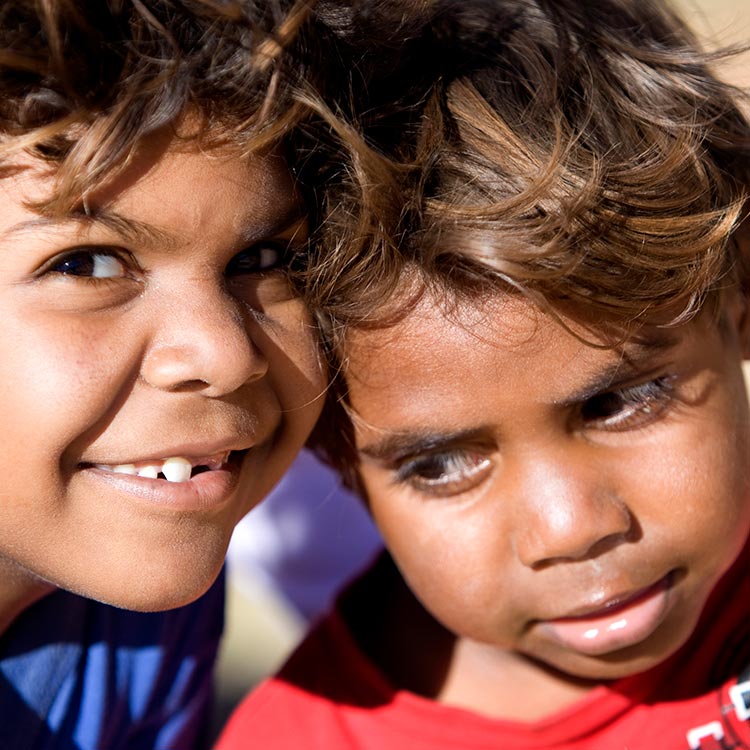Search

News & Events
Program review highlights strategies for improving Aboriginal mental healthNationwide review looking at effective mental health strategies for Aboriginal and Torres Strait Islander people
News & Events
National Indigenous Immunisation Research WorkshopYou are invited to register to attend the National Indigenous Immunisation Research Workshop 2013: lessons learnt and future directions Workshop.
News & Events
Experts gather for Aboriginal Immunisation WorkshopExperts in Aboriginal infectious disease research are in Perth this week for the National Indigenous Immunisation Research Workshop (November 7-8).
News & Events
Empowering Aboriginal communities the key to suicide preventionA comprehensive research report into the high rates of suicide in the Kimberley has called for a major change
News & Events
Aboriginal Health Researchers Win Major Discovery Grantsesearchers from Perth's Centre for Research Excellence in Aboriginal Health and Wellbeing have won more than $1.3 million in competitive funding
News & Events
Telethon Institute awarded two national Centres of Research ExcellenceTelethon Institute awarded two national Centres of Research Excellence
News & Events
Aboriginal researchers achieve milestoneThe first Capacity Building Grant comprising solely of Indigenous researchers has been completed successfully
News & Events
Remote pools boost Aboriginal child healthA new study has found that swimming pools in remote Aboriginal communities can dramatically reduce rates of skin, ear and chest infections
News & Events
Ear infections linked to passive smokingA new report from Perth's The Kids for Child Health Research has found a strong link between childhood ear infections and exposure to tobacco smoke.
News & Events
COAG investment will help close the gapThe COAG commitment to invest in young Aboriginal children will produce immediate and real community benefits.
